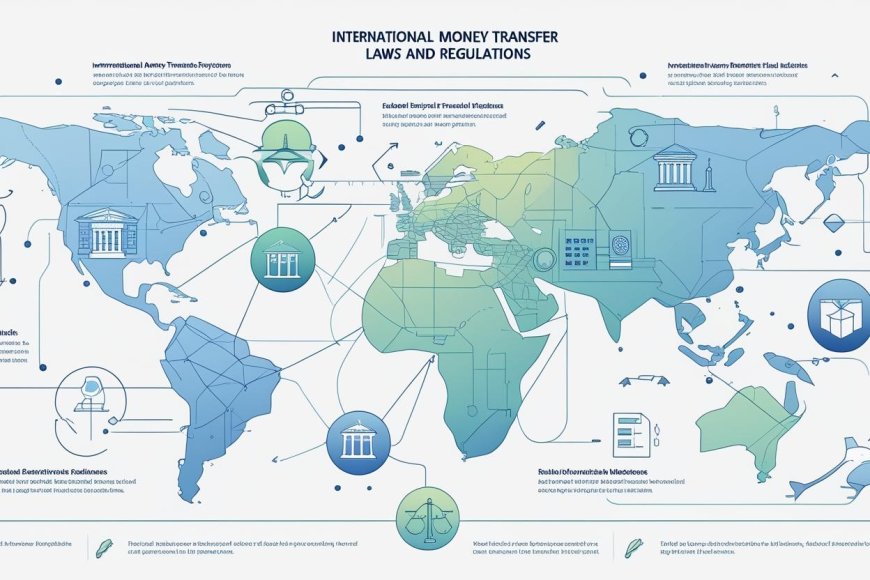In today’s interconnected world, sending money across borders has become a necessity for individuals, businesses, and diaspora communities. However, international money transfers are governed by strict regulations to prevent financial crimes such as money laundering, fraud, and terrorism financing. The United Kingdom, known for its robust financial oversight, has established comprehensive laws to regulate money transfer services — including trusted providers like Dahabshiil, a prominent money transfer company serving African and Middle Eastern diaspora communities.
UK Money Transfer Regulations: A Framework for Transparency and Safety
In the UK, money transfer services are regulated by the Financial Conduct Authority (FCA) and supervised by the HM Revenue & Customs (HMRC). Businesses offering money transfer services must be registered as Money Service Businesses (MSBs) and comply with the Money Laundering Regulations 2017, which include:
• Know Your Customer (KYC): Ensuring clients provide valid identification before transactions.
• Anti-Money Laundering (AML) controls: Monitoring transactions for suspicious activity.
• Reporting Obligations: Filing Suspicious Activity Reports (SARs) to the National Crime Agency.
• Record-Keeping: Retaining transaction data for at least five years.
Dahabshiil, for example, is fully compliant with UK regulations, ensuring its global remittance network operates securely and transparently. Its commitment to regulatory standards has enabled it to build trust with millions of users, especially among communities that rely on remittances for essential support.
How the UK Compares Globally
When compared to other countries, the UK’s regulations are considered relatively rigorous but balanced:
• United States: The U.S. also has a strong regulatory framework, enforced by the Financial Crimes Enforcement Network (FinCEN) and state-level regulators. MSBs must register with FinCEN and are subject to the Bank Secrecy Act (BSA), which has more extensive reporting obligations than the UK's system.
• European Union: EU countries follow the EU Payment Services Directive (PSD2), which promotes innovation while maintaining AML standards. However, implementation can vary slightly between member states, making the UK’s centralised FCA-led system more streamlined.
• UAE and Gulf countries: These nations are tightening oversight, but enforcement can vary widely. Money transfer services may face fewer compliance requirements compared to the UK, though this is rapidly changing under international pressure.
• Sub-Saharan Africa: In many parts of Africa, regulatory frameworks are still developing. Companies like Dahabshiil play a vital role in filling gaps by self-regulating to international standards, particularly in fragile or unregulated economies.
Conclusion
International money transfers must walk the line between accessibility and security. The UK's robust regulatory environment ensures consumer protection and financial integrity while allowing trusted providers like Dahabshiil to facilitate essential cross-border remittances. As the global remittance market evolves, harmonising regulations internationally will be key to fostering safe, efficient, and inclusive financial systems.

